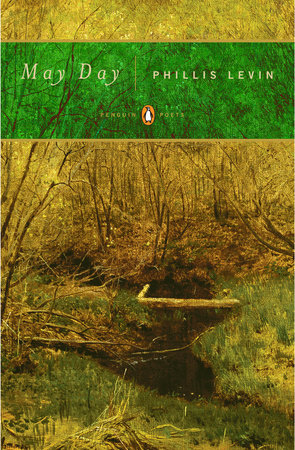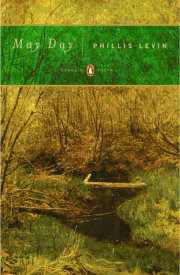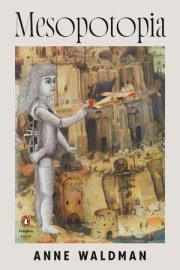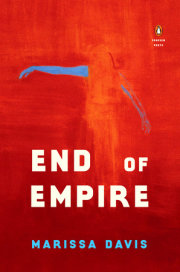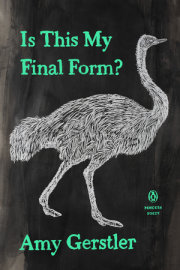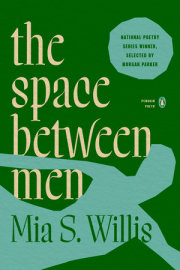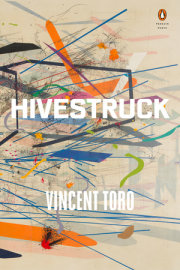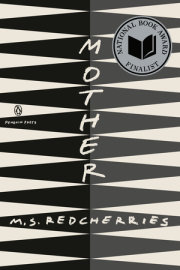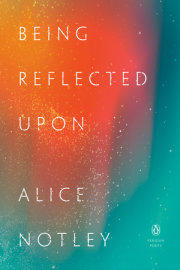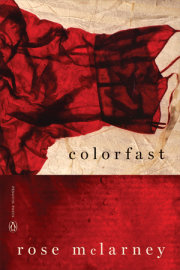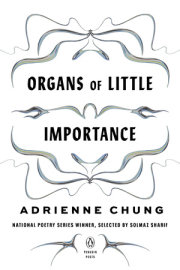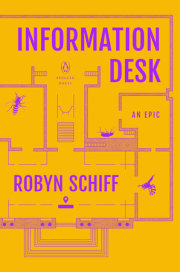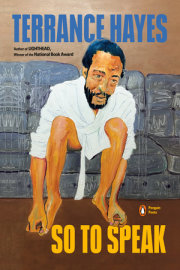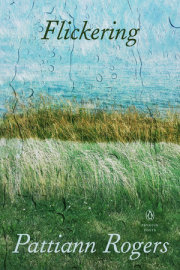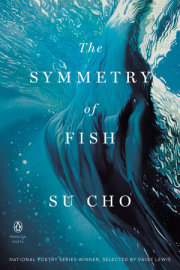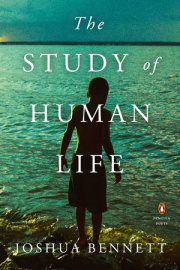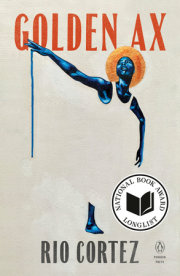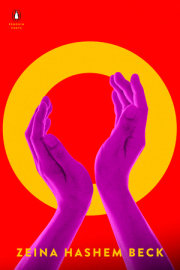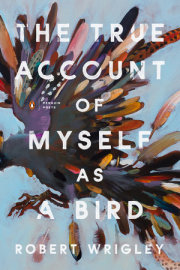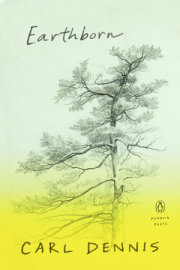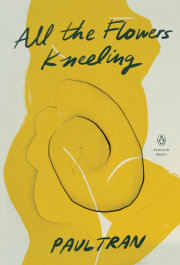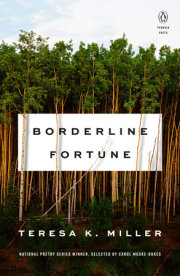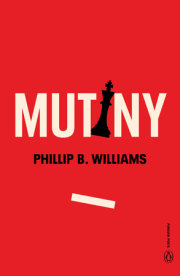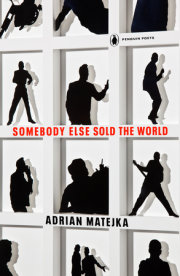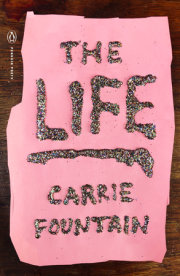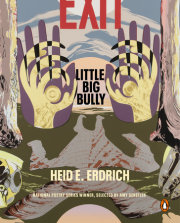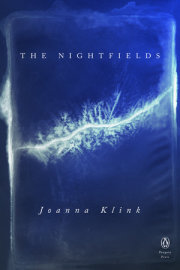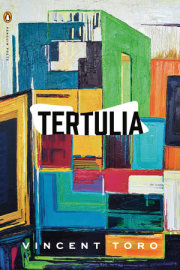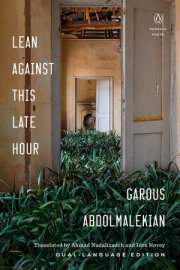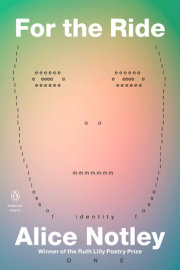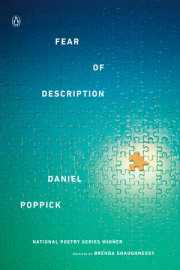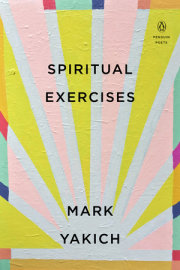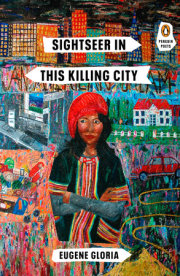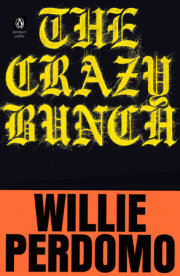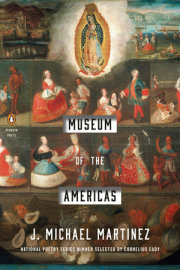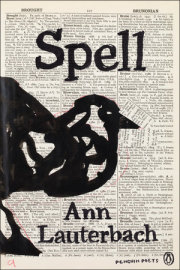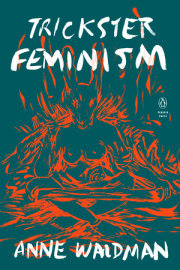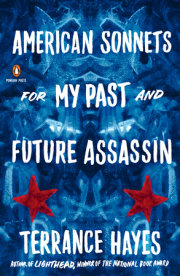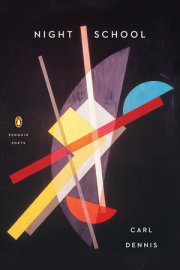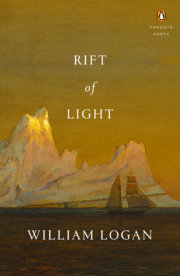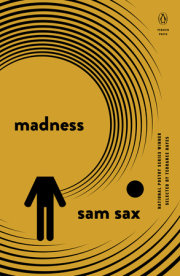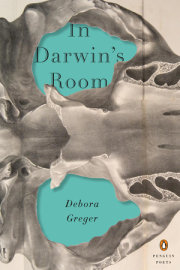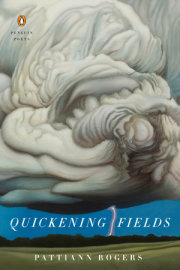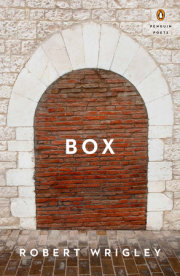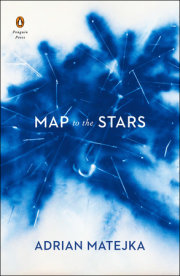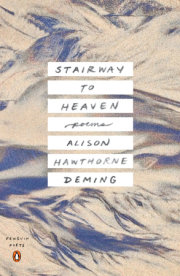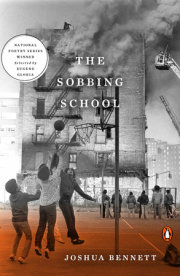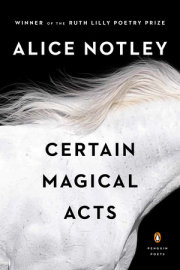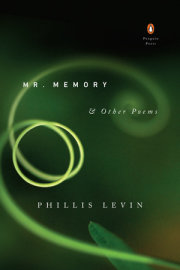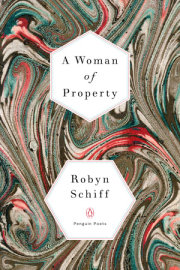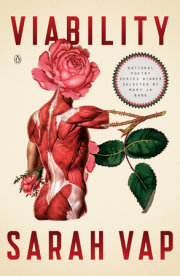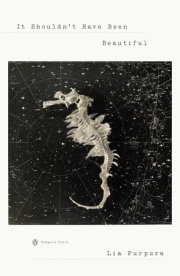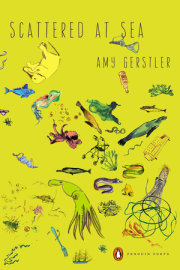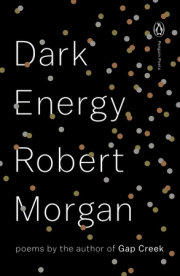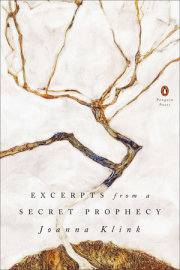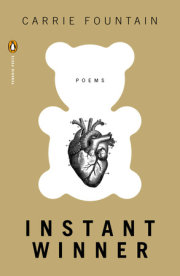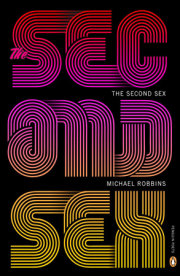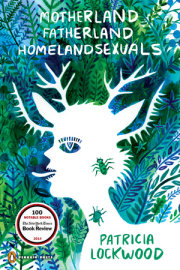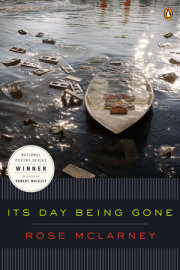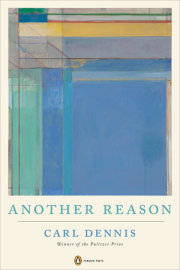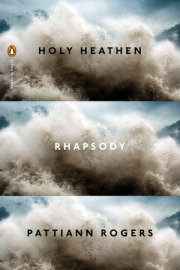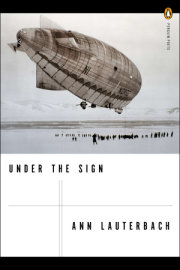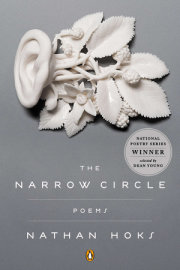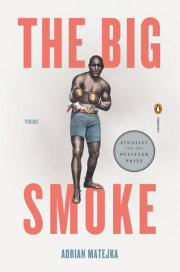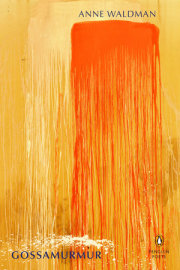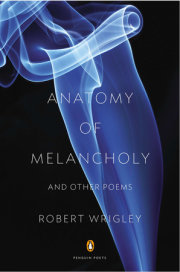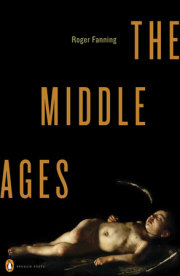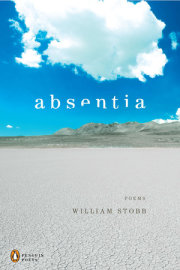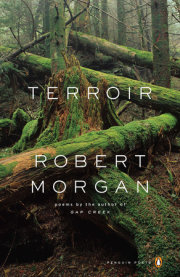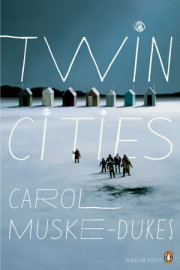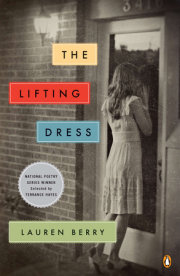BOY WITH A THORNLo Spinario
(bronze, late first century BCE)
A long day, a long run, a long road
And somewhere on it you felt a pang,
Nothing more. A quiver of lightning,
Nothing to stop for. Only now,
As you sit on the stump of a blasted tree,
Folding one leg over the other,
Drawing it up until your ankle
Strains against your knee, as you study
The sole that is cradled in your hands—
Only now do you notice a small hot rose
Blushing under the skin, where a thorn
Broke into flesh. And you recall
That sudden twinge: a throb subsiding
In a wave, spurring you on past all
Those ochre hills, daring you to keep
A steady pace though you were tired
Of those hills, of pine after twisted pine
Casting a net of needles in your path,
Though a droning in your ears said
The city would fall, that the warning
You carried would never arrive.
Once you were caught in a blinding
Torrent of rain, but the sky stayed blue,
Every other patch of land was dry,
And the air surrounding you sharpened
The horizon, though whatever was in reach
Grew obscure. Later, as you crossed
A familiar field, your fingertips
Stirring the tall grass, your limbs
Remembering a power that seemed to flow
From the overturning chalice of the sun,
A surprising coldness seeped
Through your skin, and a sensation
You did not welcome entered in.
You brushed it aside and it was gone,
And you went on. But it didn't go
Anywhere, it was inside you, blooming...
It is easy to remove the thorn, now
That you can rest, easy to miss the valley
You fled, its flock of shadows grazing
On stone. But sometimes everything
Remains hidden, there is nothing more
Than a scene on an empty amphora,
Nothing new, nothing worth noting,
Until the speed of your body releases
The resin in pine. If this is the first time
You faltered in the middle of everything,
It will not be the last. Today a thorn
Is the cause. Sooner or later,
There will be other things to draw
Out of yourself to recover again
Who you are. It will hurt to pluck it out,
But you will think nothing of it:
See, you are barely wounded.
Later you will long to be that boy
Whose only regret was having to stop
Without wanting to, whose only care
Was a path beaten in the dust
Under his feet: a place where something
Too slight to avoid, too minor
To fear, too random to forsee
Interrupted a journey
Written in the whorls of your skin—
As if your fate, anyone's fate
Could be written or read.
Copyright © 2008 by Phillis Levin. All rights reserved. No part of this excerpt may be reproduced or reprinted without permission in writing from the publisher.

